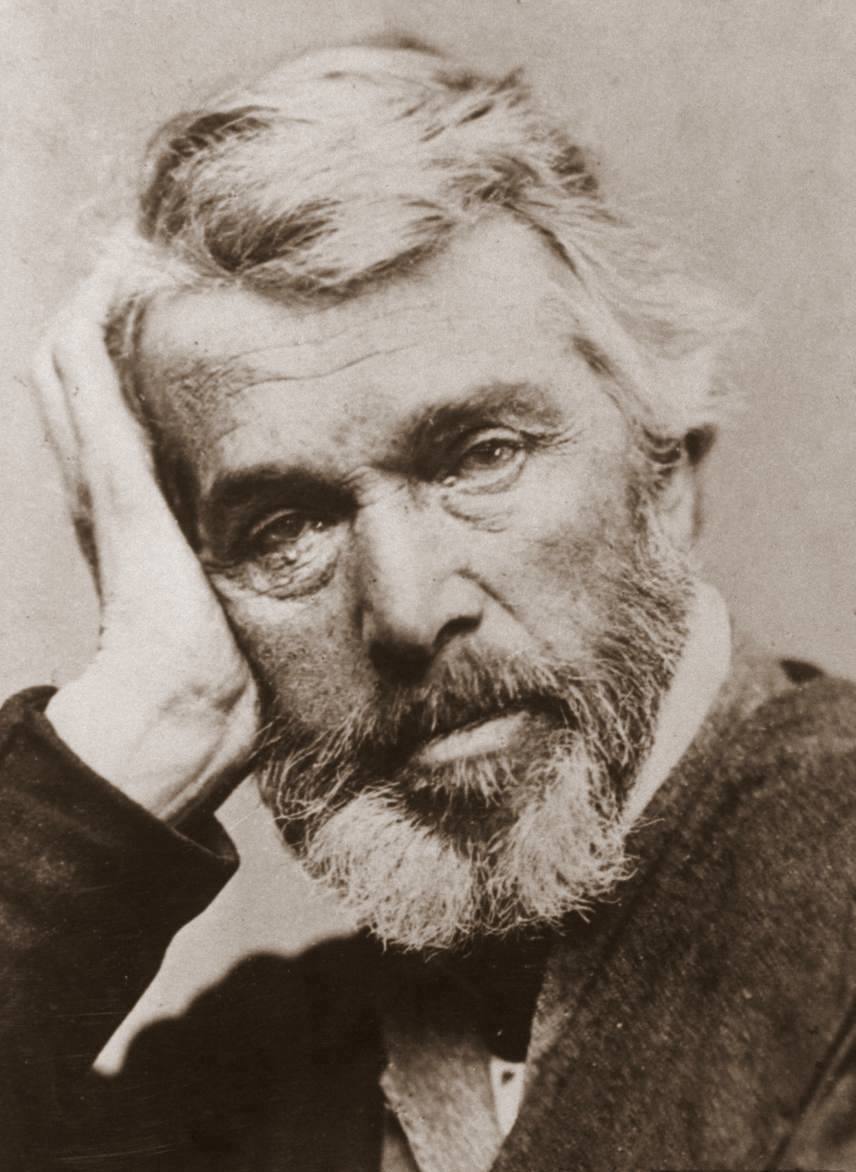Thomas Carlyle frasi celebri
Frasi sugli uomini di Thomas Carlyle
Frasi sulla realtà di Thomas Carlyle
citato in Harold Acton, Gli ultimi Borboni di Napoli
Thomas Carlyle Frasi e Citazioni
Origine: Da The French revolution, London 1955; citato in George Rudé, Robespierre, traduzione di Maria Lucioni, Editori Riuniti, 1981.
“Felice colui che ha trovato il suo lavoro; non chieda altra felicità.”
da Passato e presente
da Lettera a John Carlyle, 1831
“Il mio regno non è quel che ho, ma quel che faccio.”
citato in Selezione dal Reader's Digest, marzo 1985
citato in Selezione dal Reader's Digest, dicembre 1962
Thomas Carlyle: Frasi in inglese
“The true University of these days is a Collection of Books.”
1840s, Heroes and Hero-Worship (1840), The Hero as Man of Letters
Origine: On Heroes, Hero Worship and the Heroic in History
1850s, Latter-Day Pamphlets (1850), Stump Orator (May 1, 1850)
1840s, Past and Present (1843)
1840s, Heroes and Hero-Worship (1840), The Hero as Prophet
1840s, Heroes and Hero-Worship (1840), The Hero as Man of Letters
“Every noble work is at first impossible.”
From Past and Present (1843), Chapter XI : Labour
The Wikipedia page for Thomas Carlyle has links to the Project Gutenberg version of this book
1840s
Bk. I, ch. 5.
1830s, Sartor Resartus (1833–1834)
“He that works and does some Poem, not he that merely says one, is worthy of the name of Poet.”
Introduction to Cromwell's Letters and Speeches (1845).
1840s
Bk. II, ch. 9.
1830s, Sartor Resartus (1833–1834)
1840s, Heroes and Hero-Worship (1840), The Hero as Prophet
“A witty statesman said, you might prove anything by figures.”
Origine: 1840s, Chartism (1840), Ch. 2, Statistics.
Thomas Carlyle, "On Heroes, Hero-Worship and the Heroic in History" (1841), pg. 64-67
1840s
1840s, Heroes and Hero-Worship (1840), The Hero As King
“It depends on what we read, after all manner of Professors have done their best for us.”
1840s, Heroes and Hero-Worship (1840), The Hero as Man of Letters
1840s, Heroes and Hero-Worship (1840), The Hero as Divinity
“O poor mortals, how ye make this earth bitter for each other.”
Pt. I, Bk. V, ch. 5.
1830s, The French Revolution. A History (1837)
“History is the essence of innumerable biographies.”
On History.
1820s, Critical and Miscellaneous Essays (1827–1855)
On Napoleon; Carlyle in his essay on Mirabeau, 1837, quotes this from a "New England book".
1830s, Sir Walter Scott (1838)
1840s, Past and Present (1843)
On History.
1820s, Critical and Miscellaneous Essays (1827–1855)
Variante: What is all Knowledge too, but recorded Experience, and a product of History; of which, therefore, Reasoning and Belief, no less than Action and Passion, are essential materials.
1850s, Latter-Day Pamphlets (1850), The Present Time (February 1, 1850)
“The history of the world is but the biography of great men.”
1840s, Heroes and Hero-Worship (1840), The Hero as Divinity
